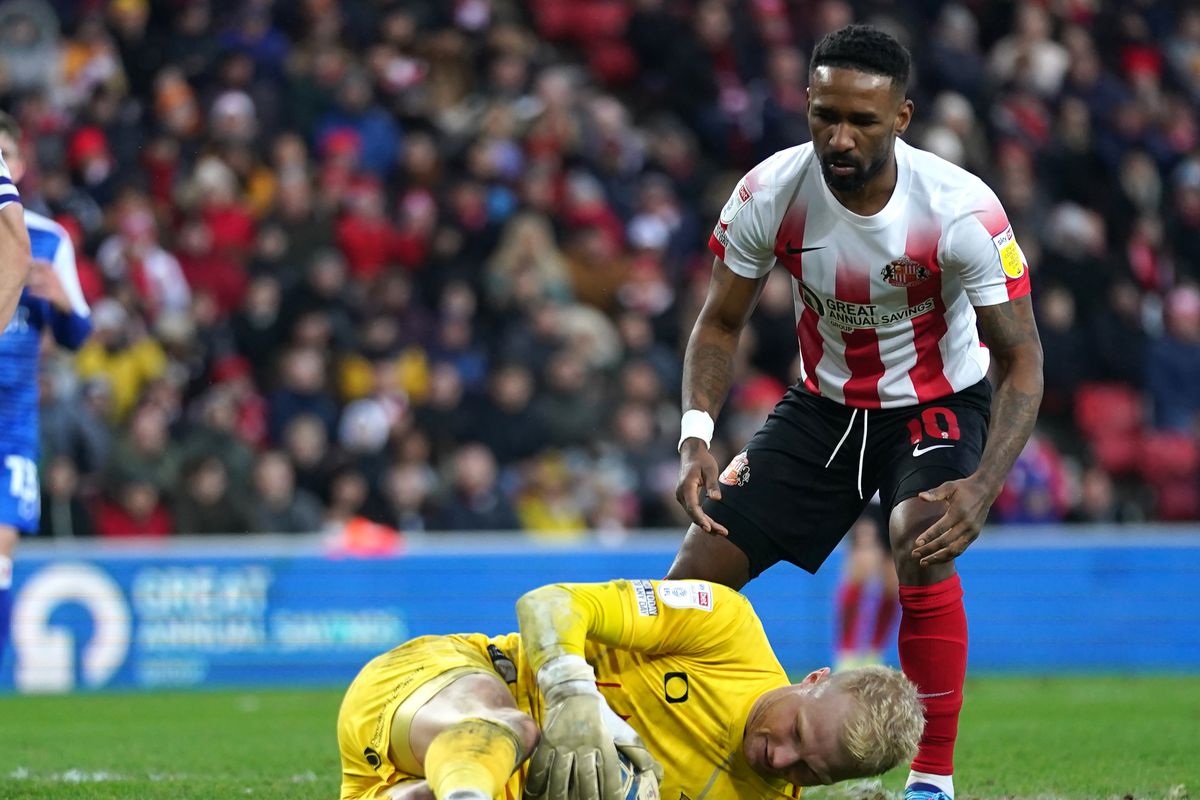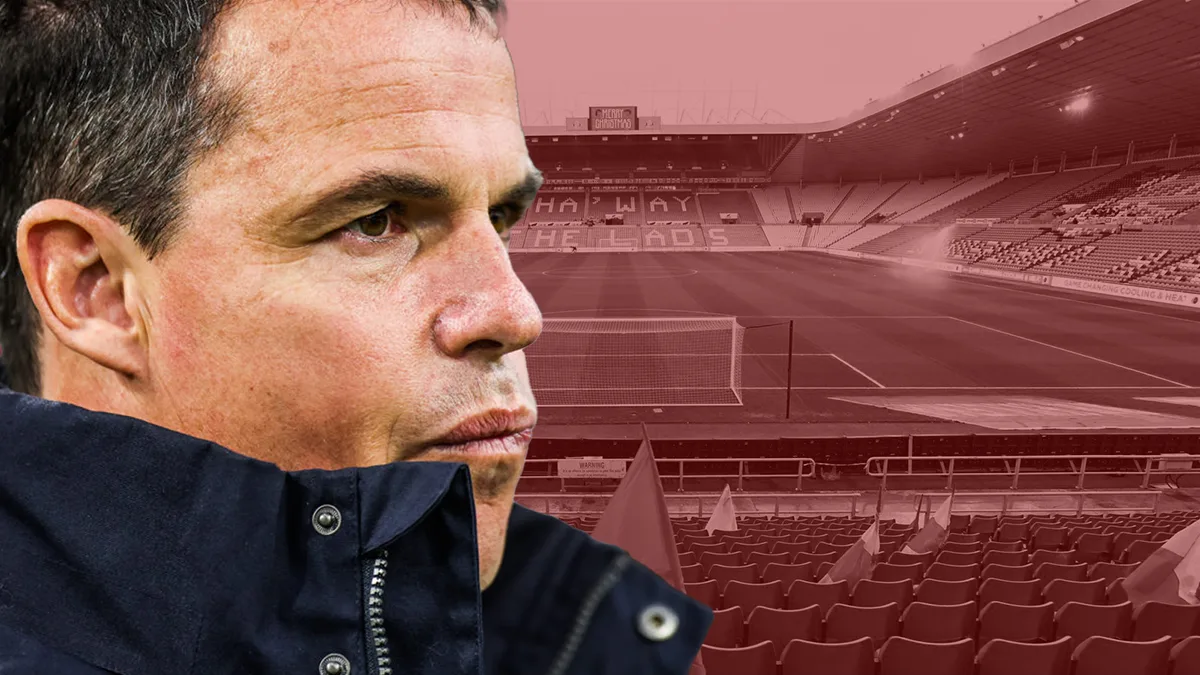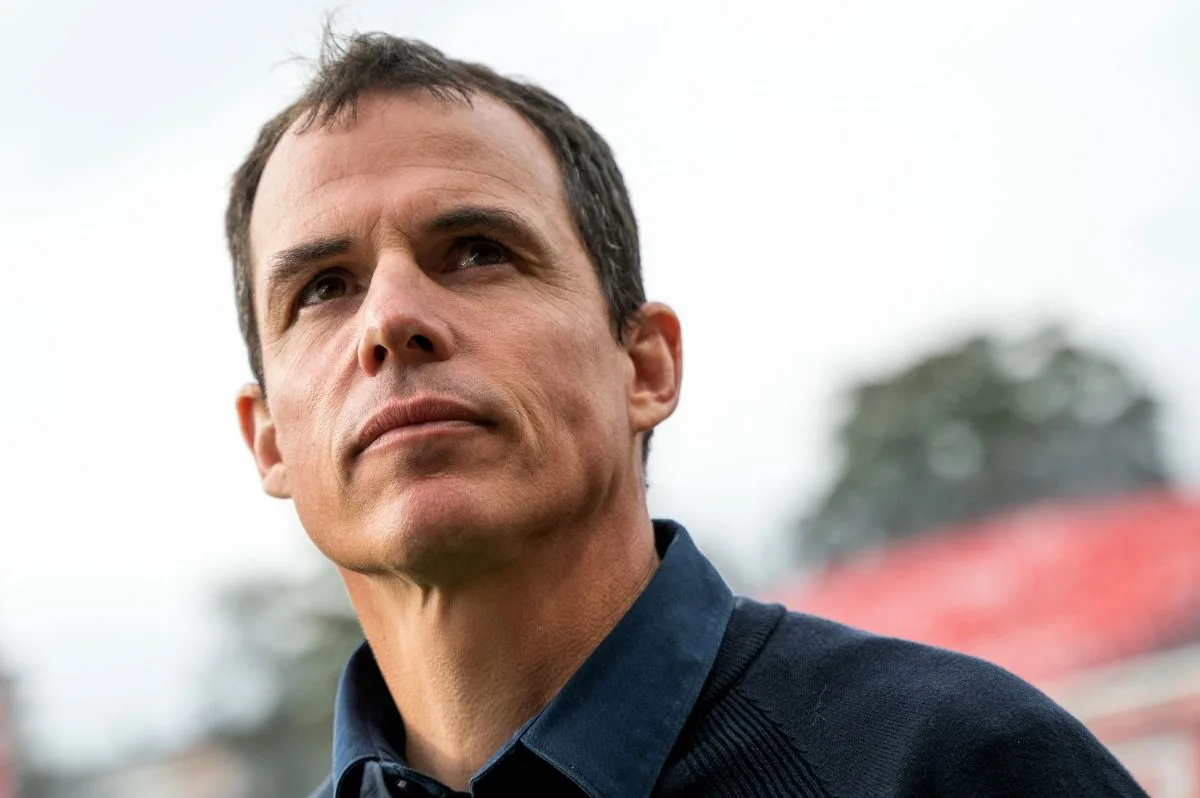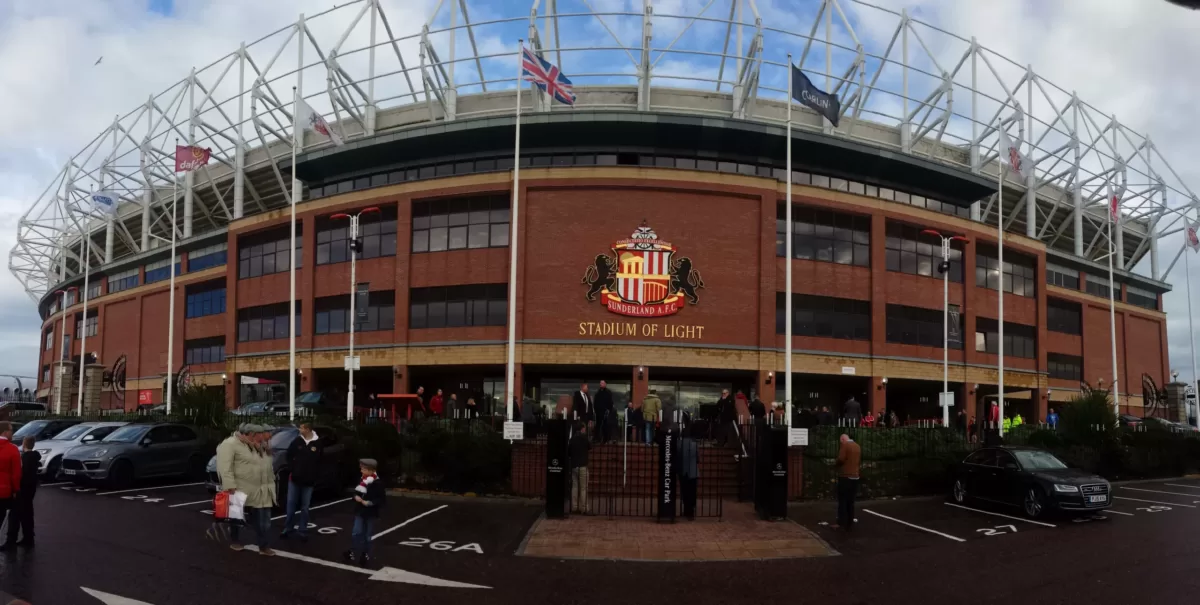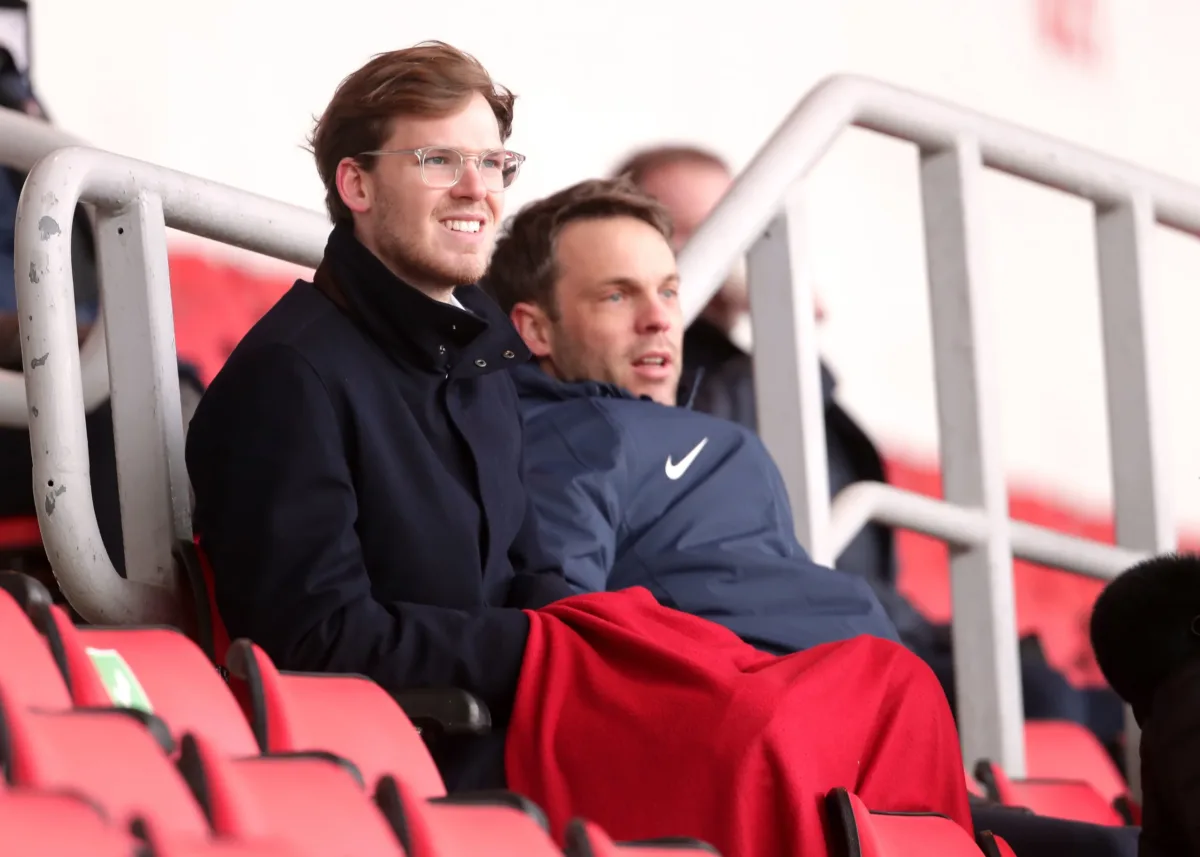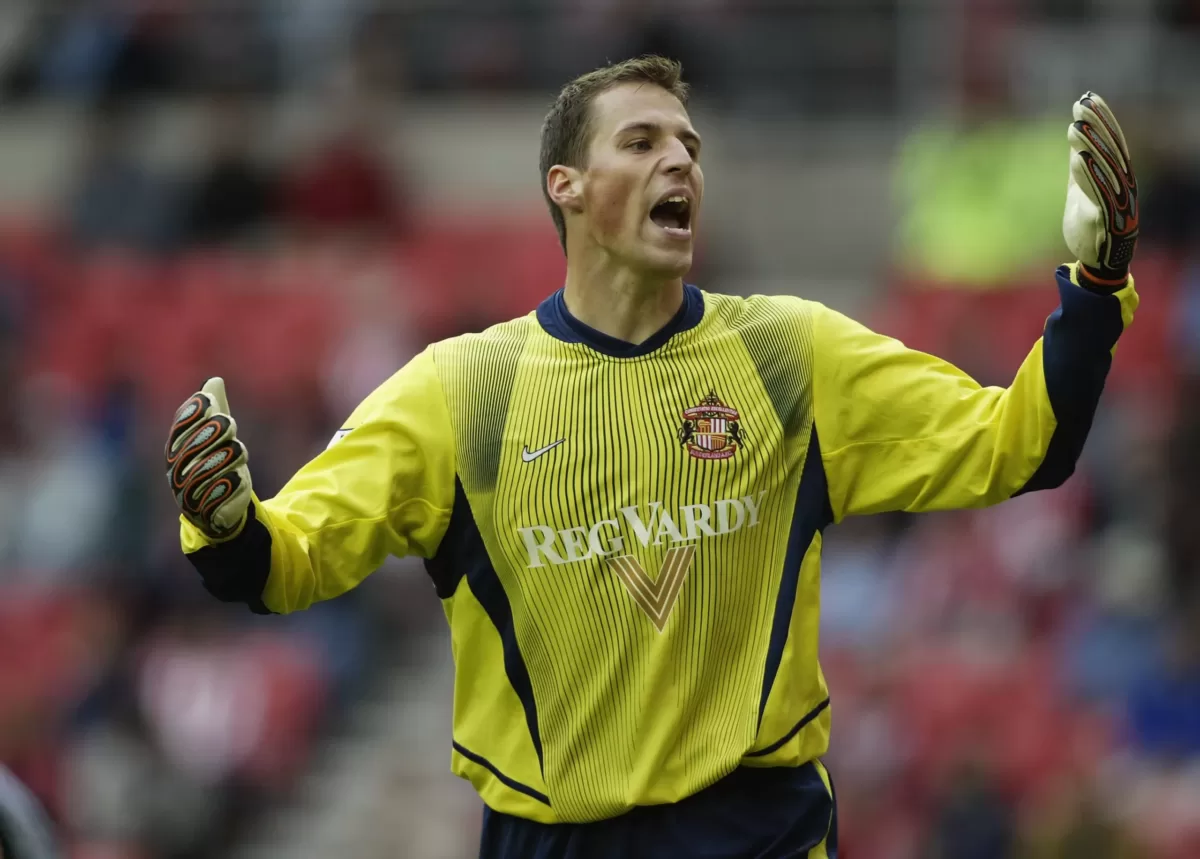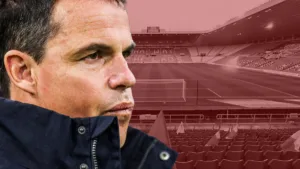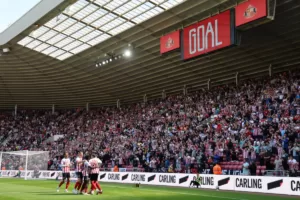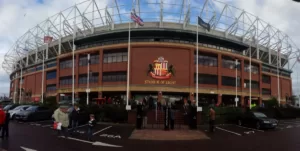One of the many things that makes football such a popular sport is the beautiful irrationality of it. I mean, imagine trying to explain the events of the past week or so to an outsider?
Imagine trying to explain that, seven days after losing 6-0 and sacking your manager as a result, the signing of a 39-year-old former striker who has hardly kicked a ball in anger all season and the potential appointment of an ex-manager who hasn’t taken charge of a game since 2011 would inspire an attendance of 38,395?
The above is not is not intended as a dig at anyone. After all, that beautiful irrationality is what football is all about. Sometimes it’s not about analysis or thinking too far ahead; it’s as simple as having a reason to look forward to the next match.
Had the lads followed the script on Saturday, we’d have comfortably swept aside Doncaster and Jermain Defoe would have been roared onto the pitch with around ten minutes to go as we enjoyed a 3-0 lead. Ideally, he would have also rounded off the scoring to send home fans into raptures.
Naturally, we turned in perhaps the most Sunderland display of all-time and we lost to Doncaster for the first time in our history.
The result felt like yet another new low in a series of humiliating results we have endured since we were relegated to this level and sadly it was as avoidable as it was embarrassing.
In the immediate aftermath of the game there were numerous comments bemoaning the lack of passion and commitment on display from the players. Such sentiment is understandable, but if you scratch beneath the surface the problems run much deeper.
For one, our decision to start with Carl Winchester as a third centre-half was tantamount to footballing suicide. The knock-on effect was Lynden Gooch once again deployed as a wing-back, and we missed out on Winchester’s athleticism and drive in central midfield as well as his willingness to get forward from full-back.
Comically, Arbenit Xhemajli, one of our four remaining centre-halves, didn’t even make the bench for alleged ‘tactical reasons’ – which only raises further questions about his readiness to start a league fixture if called upon.
Another notable absentee was new signing Trai Hume, who is still yet to kick a ball in red and white.
The step up from the Northern Irish Premier League was always going to take time but when your new signing isn’t deemed ready to start a home fixture against the bottom side in League One, alarm bells have got to start ringing.
Celebrating the departure of Tom Flanagan and Denver Hume is all very well, but when you fail to replace either of them and you lose your first game after the window shuts in such a fashion, it makes you look incredibly foolish.
So far this season, our defence has been our biggest problem. 41 goals have been conceded already. We are now in a position where our only recognised left-back is a young defender in his first season of senior football, who has already suffered a couple of injury setbacks this season.
Meanwhile, though Tom Flanagan was far from perfect, the two alternatives to Callum Doyle and Danny Batth are the injury prone Bailey Wright and a man who has yet to play a minute of league football on Wearside.
In terms of right-backs we are also short. Though we have a few players who can ‘do a job there’, we are crying out for a specialist who can solidify our defence. Niall Huggins may yet prove to be this man, but he is unlikely to feature much between now and the end of the season.
If we are to play five at the back going forward, it makes little sense to be so well-stocked in wide areas. At the weekend, despite Jack Clarke looking lively, most of the little natural width we played with came from our wing-backs on the day, minimising the potential impact of the likes of Clarke, Leon Dajaku and Patrick Roberts.
This lack of planning in the transfer market has translated to our search for a new manager. Yet the main benefit of our new structure was supposedly that it would make for a seamless transition between managers.
It is fair to point out that it would be worrying if we rushed into an appointment, but as we’ve seen from a number of clubs around the world, a well-run football club is constantly reviewing their next managerial appointment. In turn, that means they are able to make a swift decision based on the particular model they have.
However, for the second season running we have sacked a manager without a replacement waiting in the wings and have instantly dropped points against a team languishing at the bottom of the league.
Now we are in a situation where our automatic promotion hopes are looking slimmer by the game – and having a new manager in the dugout for Tuesday’s trip to Cheltenham seems similarly unlikely.
Taking your time over an appointment and not being rushed is all very well, but right now we don’t have that time and our margin for error is getting less and less. You can’t boast about all the wonderful planning and preparation for every eventuality you have if you then take over a week to appoint a manager at the most critical point in the campaign.
Failure to get promoted this season could have disastrous consequences for our medium-term future. Another season in League One would almost certainly see Ross Stewart and Dan Neil move on, while the likes of Dajaku, Ron Thorben-Hoffman, Callum Doyle, Clarke and Roberts would either return to their parent clubs or leave at the end of their contracts.
The switch to signing young talent with the scope to progress is of course admirable, but with so many of the young lads being signed on loan it feels slightly as if the foundations have been built on sand.
Again, if the correct processes are in place we should be able to recruit according to the circumstances. But a huge rebuilding job might have to be undertaken once again.
There has undoubtedly been some very good work undertaken by the recruitment team and the staff behind the scenes but, make no mistake, Saturday’s result was about far more than a lack of passion or commitment. It was a disjointed mess entirely of our making due to a lack of short- to medium-term planning.
Given the events of the previous week, the Doncaster game was meant to act as a strong hit of dopamine to sustain us until the appointment of a new manager.
Instead, the reality check that transpired was more akin to the morning after a heavy night out when depressing clarity kicks in and you realise you’ve made a ton of bad decisions, you’re too hungover to attend to the long list of tasks you have to complete and you don’t even have enough money left in your bank to fund a much-needed Just Eat.

